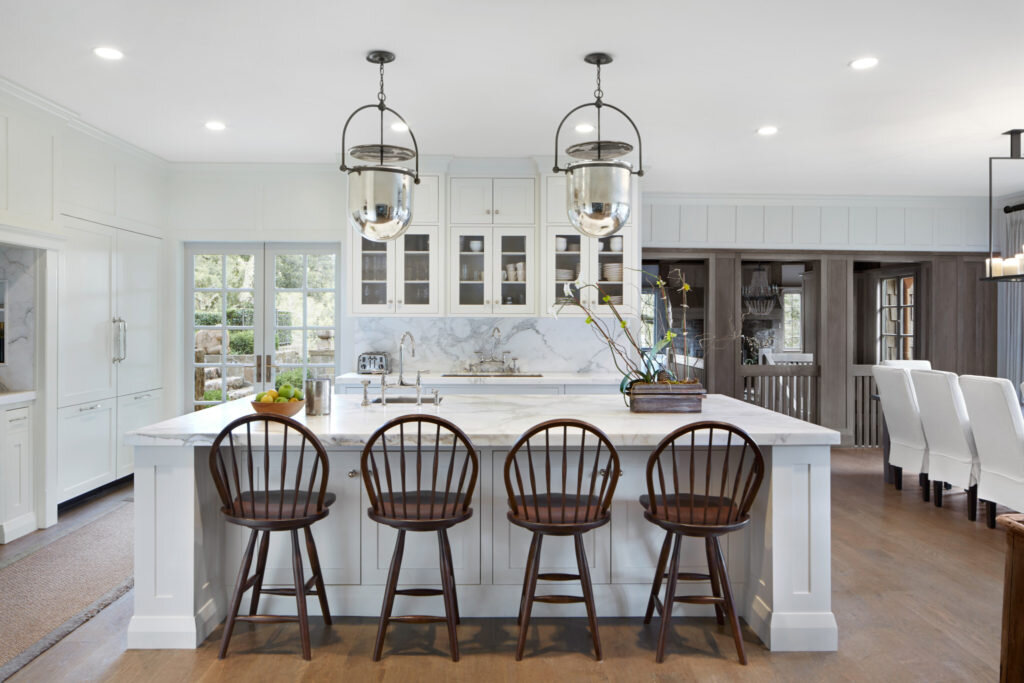Now that you’ve invested in a home, how do you increase its value?
That’s called “building equity.” Equity is the market value of your home or property, minus your outstanding mortgage debt. So, for example, if you can sell your home for $450,000 and you still owe $100,000, you have $350,000 in equity. Building equity is one the biggest financial benefits of ownership.
If you live in a market where home values are rising, yours may float up with the rising tide and your equity will increase without doing a thing.
Or you can work on growing your home’s value by decreasing the amount you owe and/or increasing the value of your property. Here are some ways to do both.
Mortgage payments
Part of every mortgage payment goes towards paying off your loan’s principal and interest, with most of the payment going to interest in the loan’s early years. You can use Zillow’s amortization calculator to estimate how much money will be paid over the life of your loan for principal and interest. If you pay down the principal faster, your equity should increase faster. This can be done a few different ways.
Paying more: If you have a 30-year mortgage, adding more to your payment either monthly or when you have extra cash can help you gain equity. If you pay more, make sure your lender applies it to your principal. This is a great way to use your tax refund, a bonus from work or an inheritance.
Paying faster: You could divide your monthly mortgage payment into two bi-weekly payments, for a total of 26. So instead of 12 payments a year, you make the equivalent of 13, paying down your mortgage faster and gaining more equity. But make sure to check with your lender first to make sure they accept bi-weekly payments. And make sure all the extra money goes immediately to the principal instead of waiting for the second half-payment. Reputable lenders will not charge a fee for bi-weekly payments.
Refinancing: If you have a 30-year mortgage, you might want to consider refinancing to a 15-year loan, which has a lower rate. Most consider this worthwhile only if you can drop your interest rate by at least 1.5%. Factor in any closing costs before making this move. Also make sure your mortgage doesn’t have a penalty for pre-payment. It’s not common, but it’s better to check.
Before you decide on any of these options, consider if it’s really the best use of your money. If you’re not maxed out on employer-matched saving accounts, perhaps you should be putting extra money into your 401(k) rather than paying off a low-interest mortgage. It’s smart to talk with a financial advisor to determine the best investment strategy for you.
Also make sure you have an emergency fund, typically 6 months of savings in case you fall ill or lose a job.
Renovate wisely
Making smart improvements and adding the right amenities to your home can also increase its market value, which means more equity for you.
How do you know which projects will bring the best return on your investment? Even though you’ve just moved into your new place, there are home improvements buyers typically love: bathrooms, attics, entrances, kitchen updates, garage doors and siding. Popular features can vary by area and home type, so consider what’s in demand in your market.
Also, be mindful of your market as you’re thinking about how much to invest in improving your home. The realities of a buyers or sellers market will have an impact on how much return you’ll get when you sell.






